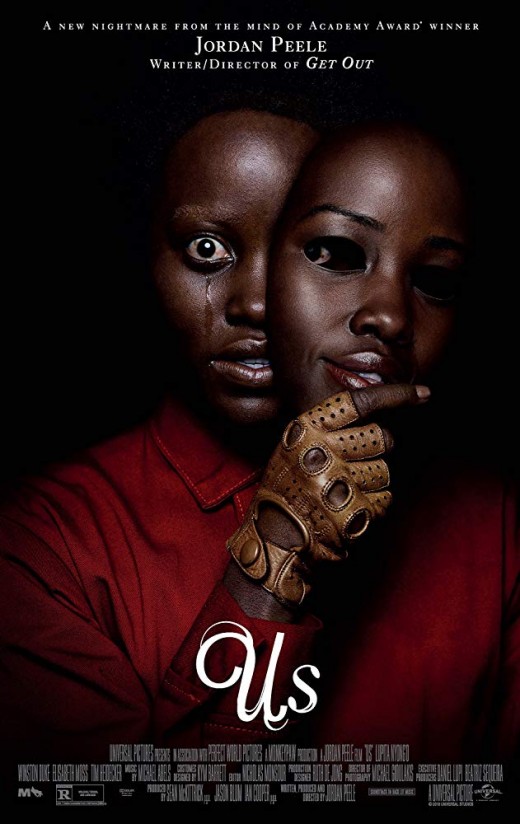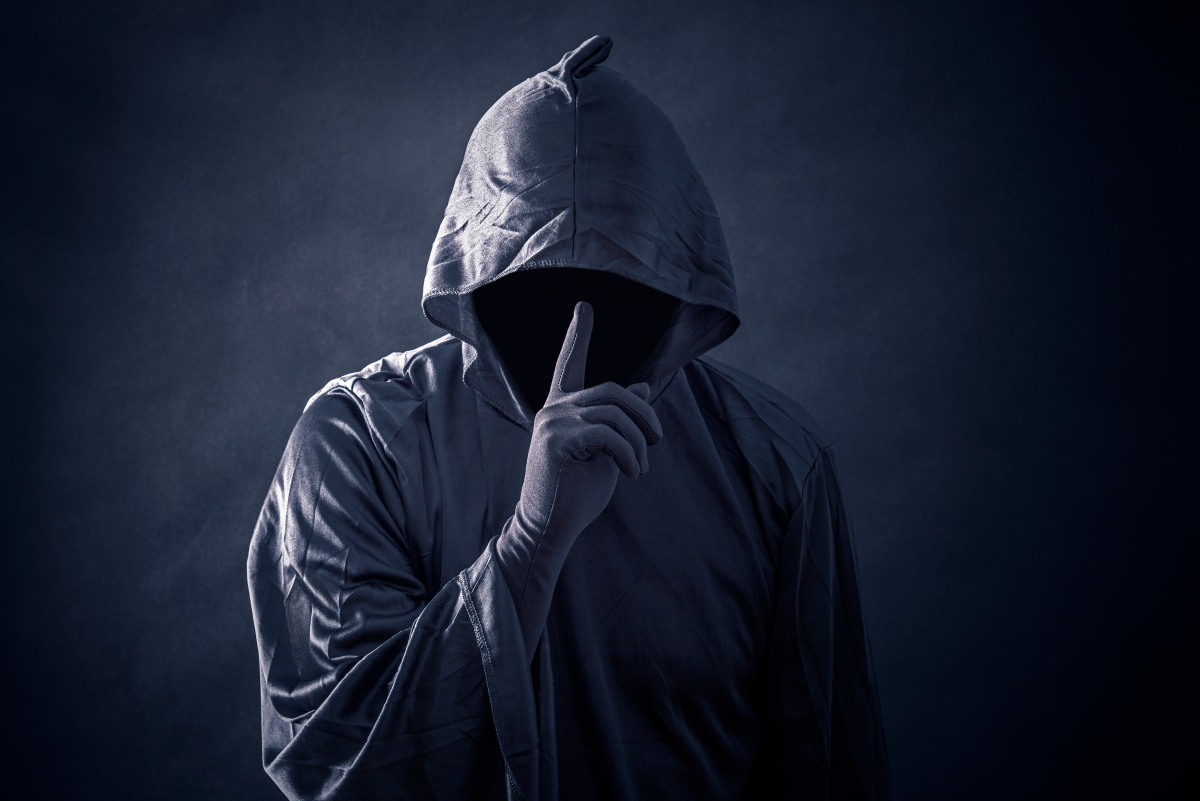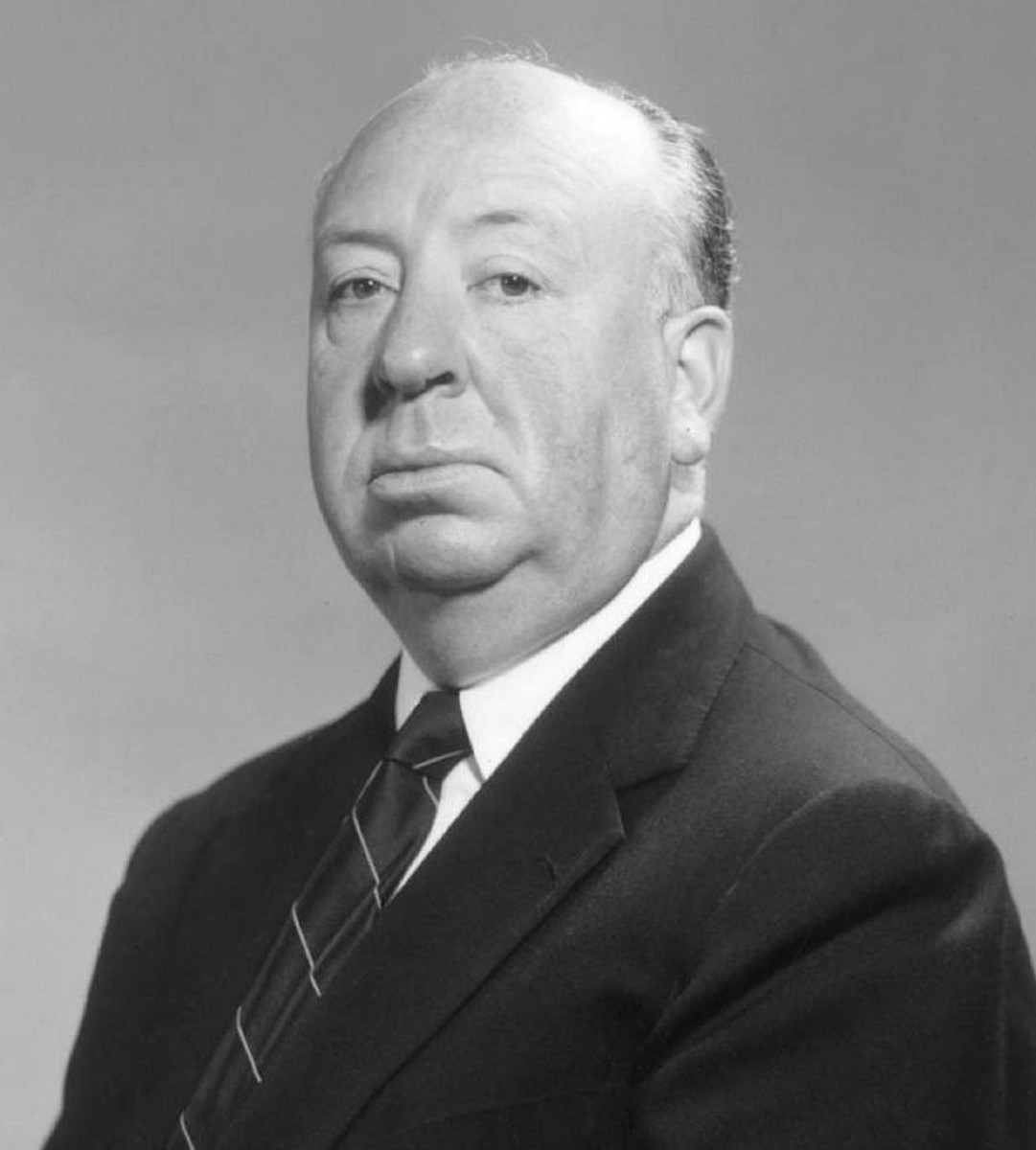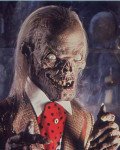Familiar Faces Stop Hiding: Us

Synopsis
At the beginning of Us, writer-director Jordan Peele relates the tale of a series of abandoned tunnels and subway lines. There, humans that were a part of a secret experiment have lived, incapable of speaking. Their first encounter with other humans happened in 1986, when a girl named Adelaide (Madison Curry) wandered away from her father at a carnival and found her way into a funhouse. When the event loses power, Adelaide gets a memorable scare when she meets her underground doppelganger. The incident affects her, but she eventually recovers.
As an adult, Adelaide (Lupita Nyong'o) marries Gabe Wilson (Winston Duke), and they become parents to Zora (Shahidi Wright Joseph) and Jason (Evan Alex). Every summer, the family spends a part of their summer in the home where Adeladide lived as a girl in Santa Cruz and catch up with affluent friends Kitty Tyler (Elisabeth Moss), her husband Josh (Tim Heidecker), and their twin daughters. After a day at the beach, the Wilsons head home. As they head to bed, they hear noises outside the home. They see a quartet of people who look just like them, but clad in red. Adelaide's look alike, called Red, tells the Wilsons of her plan to bring all of the look alikes to the surface. The red clad people come to the surface with a vengeance. Even though Red and her family know the every move of their doppelgangers, the Wilsons find a way to put up a fight.
Evaluation
While Peele has primarily made a career for himself by making people laugh, he has, a director, shown an admiration for the horror genre. His debut film, Get Out, resulted in an Oscar win for Peele as he presented the tale of a young man getting an unpleasant surprise when he goes to meet his girlfriend's parents. Other films seem to influence Peele here, especially the Invasion Of The Body Snatchers films and District 9. Behind the movie's scenes is commentary about marginalization and a silenced majority. Peele may intend to shock his viewers, especially in the movie's graphic moments, but the messages behind the on-screen moments are ones that are not shocking. I've never seen Peele in a darkly comic vein, but I wonder if he couldn't use his abundant comedic skills to drive home his message more effectively.
The best part of Us is the dual performance by Nyong'o as Adelaide and Red. As determined as Adelaide is to protect her family, Red is equally determined to bring a voice and an imposing presence to the voiceless. Red has come with the humans she knows to carry out an untethering between themselves and their look alikes. Red even taunts the Wilsons, letting them try to make an escape. Adelaide she has not forgotten her night at the funhouse as she tries to get the upper hand on her double. Duke has some good moments as Gabe, and shows some creative use of a motorboat. Moss seems to have the most fun here as Kitty, enjoying a leisurely day, while her double, Dahlia, has a crazed look in her eye. I also liked Alex as Jason, a keen observer who learns he can control his doppelganger, Pluto. Peele himself gives voice to the narrator in the funhouse.
Conclusion
Fans of Get Out, no doubt, eagerly awaited the release of Us, and I hope they weren't disappointed. I like both films, but I don't love either of them, as I felt I'd seen films that were similar and better than Peele's works. Still, Peele is a good observer of a world where people feel disconnected and unrepresented. Us shows viewers what could happen when people feel they don't have a place in the world to their liking. They may put on a facade that allows them to get through the days, but a part of them feels ready to revolt against the status quo.
On a scale of zero to four stars, I give Us three stars. This film has not been approved by the Santa Cruz Bureau Of Tourism.
Us trailer
© 2019 Pat Mills



